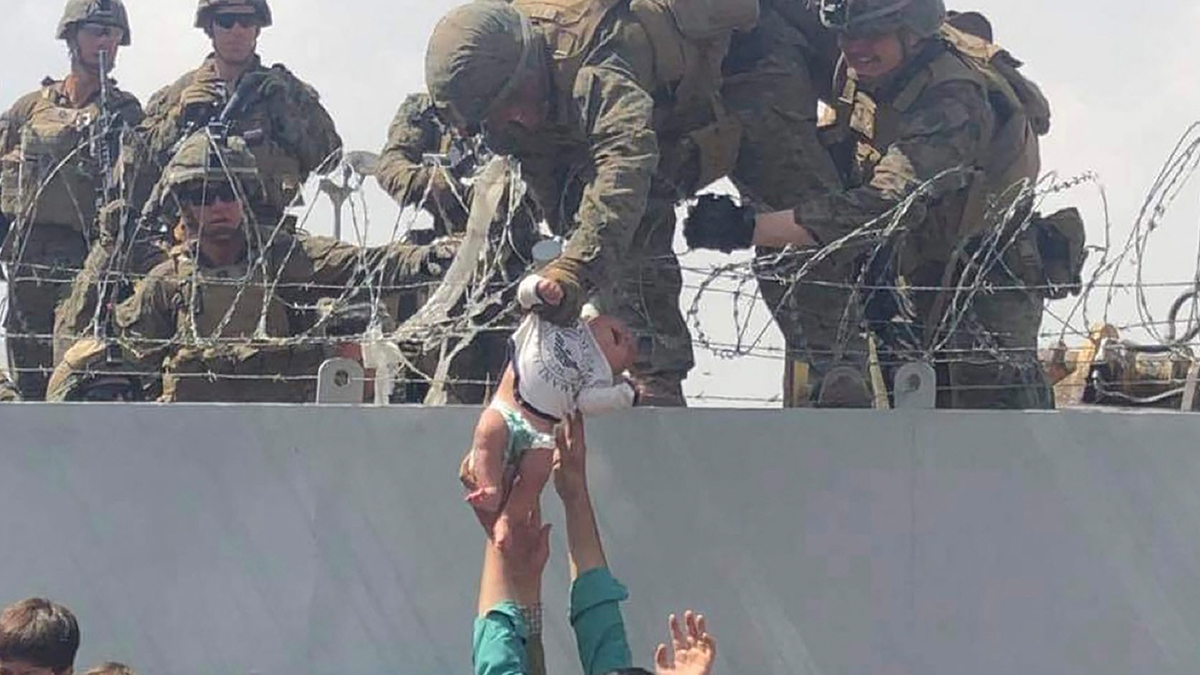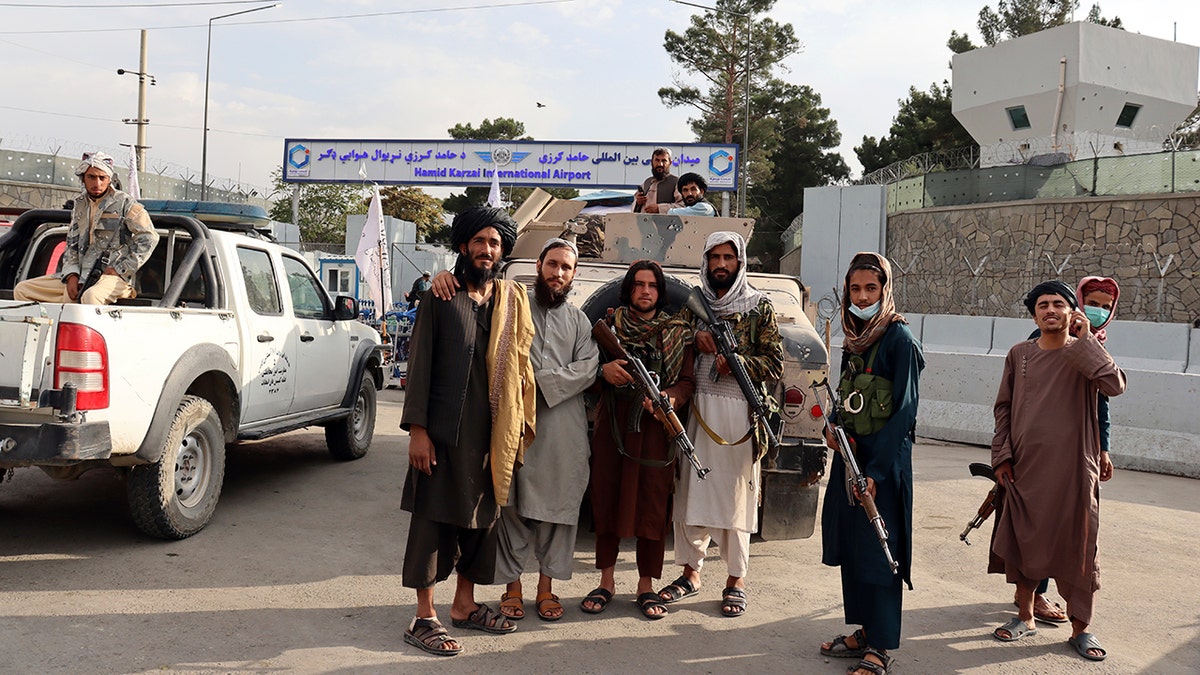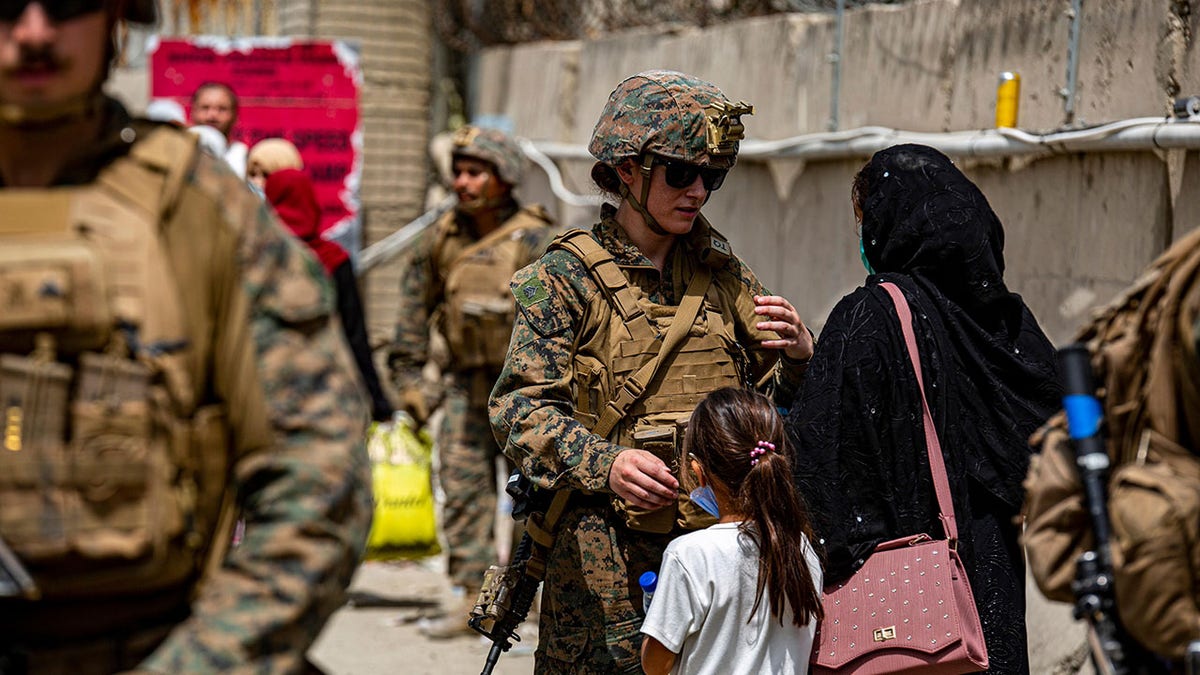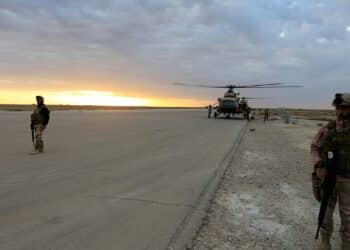In an exclusive interview with Fox News, Marine Corps Gen. Frank McKenzie, the former head of U.S. Central Command (CENTCOM), put the Afghanistan withdrawal bluntly: “I believe history is going to view the decision to come out of Afghanistan in the way that we did and the manner that we were directed to come out as a fatal flaw,” McKenzie said.
Now retired, McKenzie was commander of U.S. Central Command, the combatant command of the Middle East, from March 2019 to April 2022. He oversaw the largest evacuation in U.S. history, evacuating an estimated 124,000 Afghans from the country before the Taliban would take over at the Aug. 31, 2021, deadline.
McKenzie revealed that he has many regrets, including the basic decision to evacuate following Afghanistan withdrawal
“I have a lot of regrets about how it ended in Afghanistan. I have a regret with the basic decision, which I think was the wrong decision. And I particularly regret that we did not choose to begin to evacuate our people, our embassy personnel, our American citizens and our at-risk Afghans at the time we made the decision to bring in our combat forces. I think that was a serious mistake, and I think that led to the events of August 2021 directly,” McKenzie said.
“I have a lot of regrets about how it ended in Afghanistan. I have a regret with the basic decision, which I think was the wrong decision.”
The countdown to Aug. 31 was pure chaos: Parents tossing their babies over fences in hopes their children could have a better life as orphans than under Taliban rule; people clinging onto the side of C-17’s with nothing left to hold onto; thousands of men, women and children of all ages waiting with whatever belongings they could carry on their backs to get into the gates of Kabul’s then-Hamid Karzai International Airport, known as HKIA.

A U.S. Marine pulls an infant over a fence of barbed wire during the evacuation at then-Hamid Karzai International Airport in Kabul, Afghanistan, on Aug. 19, 2021. (Omar Haidiri / AFP via Getty Images)
On Aug. 26, with just days to go, an ISIS-K suicide bomber killed 13 U.S. service members and almost 200 Afghans. McKenzie laid out the threats that the U.S. was monitoring before the Abbey Gate attack and pushed back against allegations that military leaders could have prevented it.
Sgt. Tyler Vargas-Andrews, a Marine sniper, lost several limbs in the Abbey Gate bombing. In a March 2023 hearing on Capitol Hill, Vargas-Andrews said he saw a person that matched the suicide bomber’s description but was told to not engage.
“Plain and simple, we were ignored,” Vargas-Andrews, who is now medically retired, told lawmakers.
“There was no description of a bomber meeting the description that you just played that day or the day prior in and around Kabul,” McKenzie said.
BOOK CLAIMS BIDEN ‘EXPLODED’ AS AFGHANISTAN COLLAPSED DURING HIS VACATION: ‘GIVE ME A BREAK’
“We were dealing with the possibility of a suicide vest attack but without specific description of the person,” McKenzie said.
“We were dealing with a possibility of an indirect fire attack, either rockets or mortars,” he continued, “but I do know that there was no intelligence to support the assertion that we knew what the bomber looked like that he was carrying a backpack with three yellow stripes. There were just none of that. We just did not have that intelligence.”
Another senior U.S. commander who was at the Kabul airport that day said that “the threat reporting was ‘off the charts.'”

Taliban fighters stand guard in front of then-Hamid Karzai International Airport after the U.S. withdrawal in Kabul, Afghanistan, on Aug. 31, 2021. (AP Photo / Khwaja Tawfiq Sediqi)
It was the Taliban’s job to provide security around the perimeter of the airport. But McKenzie said he does not regret cutting the deal.
“I feel had we not done so, our casualties would have been significantly higher,” he said.
Asked if he had intelligence the suicide bomber and members of ISIS-K were gathering at a hotel by the airport, McKenzie said there were a variety of targets that U.S. military leaders told the Taliban to take a look at.
“Some they did, some they didn’t. We have nothing specific about a hotel that we asked them to take a look at,” McKenzie said.
He also does not believe the Taliban let the ISIS-K suicide bomber through intentionally.

A U.S. Marine helps a woman and child during an evacuation at then-Hamid Karzai International Airport in Kabul, Afghanistan. (Department of Defense / File)
“I further believe that other attacks were prevented by the fact that we had the Taliban operating outside the wire. And there was a downside to the Taliban being out there, too, in that people that we wanted to get through had trouble getting through. And that’s just the difficult equation you got to solve when you’re trying to balance force protection against the desire to get people out of Afghanistan, McKenzie said.
McKenzie said Abbey Gate was open because it was one of the only locations the U.S. could bring people in directly. The U.K. had asked the U.S. to keep it open, so they did.
“Abbey Gate gave us the opportunity to bring people in, and we were trying to bring some final U.K. personnel,” McKenzie said. The U.K. personnel had been staying in a hotel just outside the airport wires.”
McKenzie said he still thinks the U.S. should have troops in Afghanistan and trusts the current CENTCOM commander’s assertion that ISIS-K has grown capable of carrying out an attack on U.S. interests from within Afghanistan.
CLICK HERE TO GET THE FOX NEWS APP
Asked what he could have done differently, McKenzie said, “You always look back any time you lose people and you wonder if you could have done things differently, and I am haunted by that. I think about it quite a bit. It’s one of the many regrets that I have. I examined everything we did. I think about it particularly in the month of August of every year for the rest of my life.”
(this story has not been edited by TSA Mag staff and is published from a syndicated feed.)
















